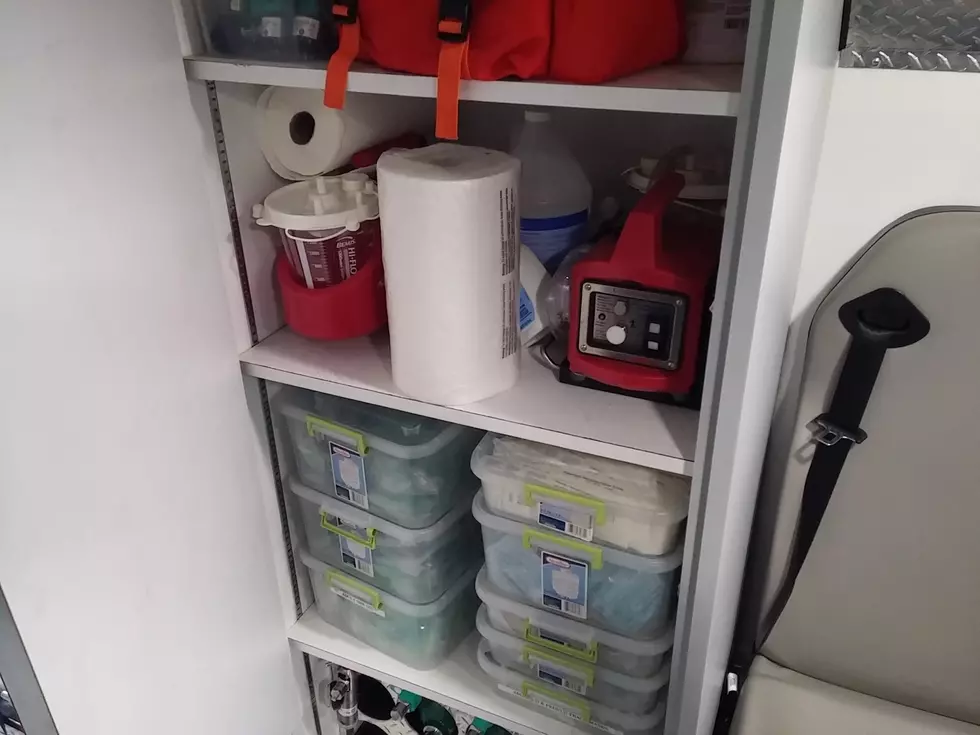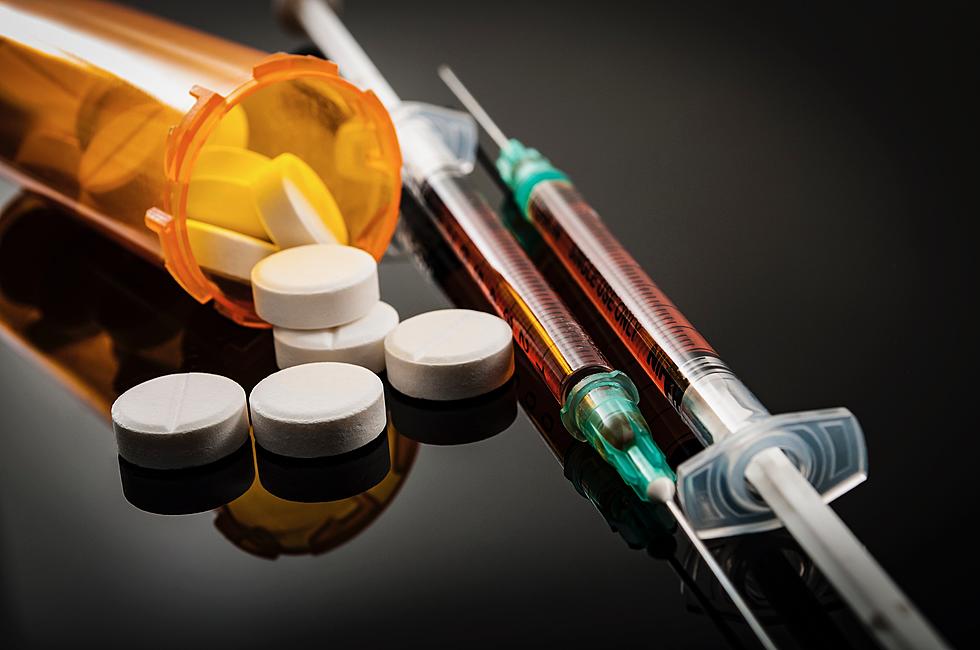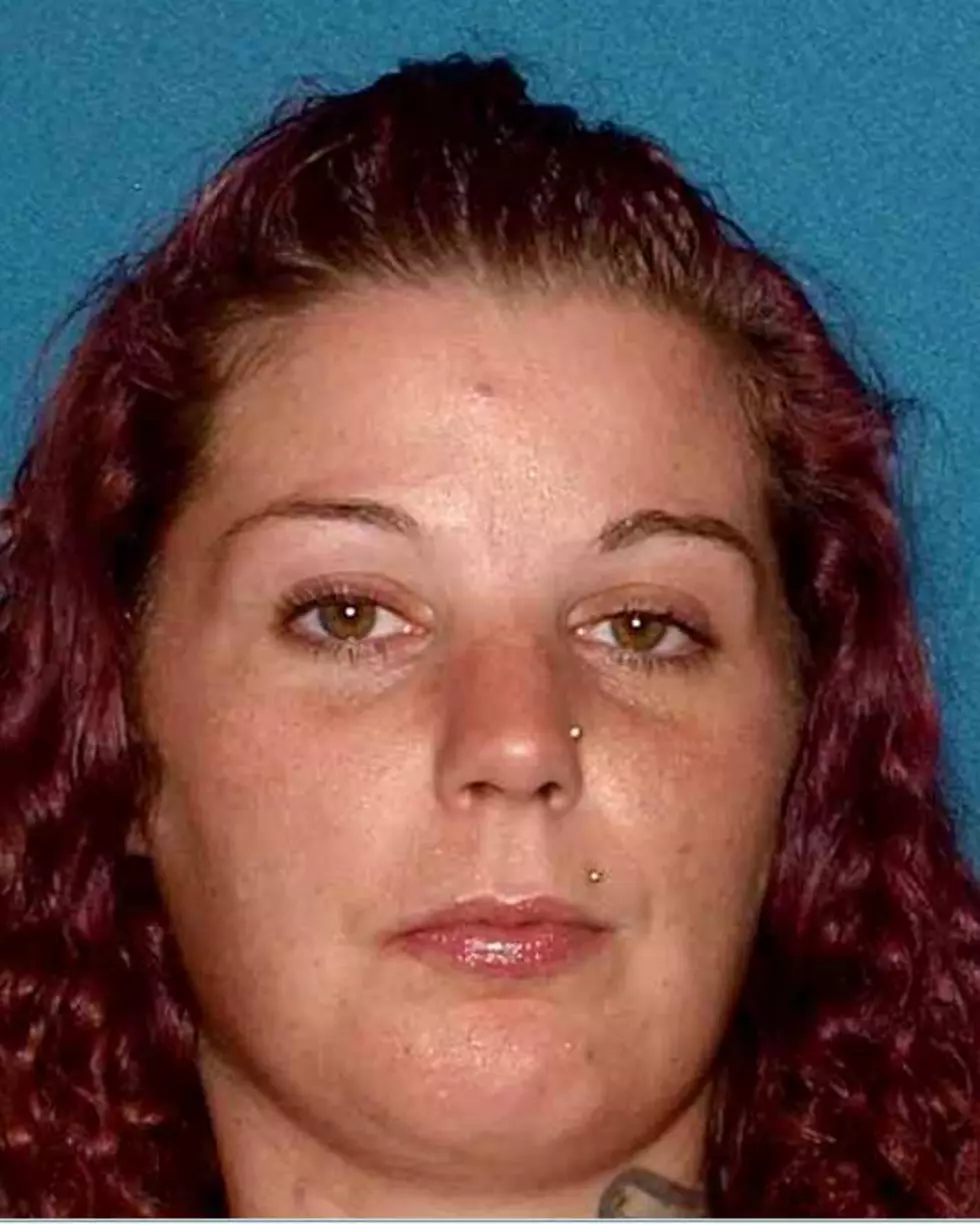
Reversing an overdose can be painful. NJ has a new drug
When a heroin user is revived from an overdose by the use of an opioid antidote, the withdrawal symptoms can be so severe that their only priority is getting their next drug fix.
Responding to paramedics who say they're revived the same person multiple times in one night, and others who've had patients jump out of an ambulance the instant their life's been saved in order to overcome the pain of withdrawal with more illegal substances, the state of New Jersey is giving more power to medics on the scene.
An executive directive signed by Department of Health Commissioner Shereef Elnahal permits paramedics to carry the oral medication buprenorphine, which can help mitigate the symptoms of opioid withdrawal after a Naloxone reversal.
"New Jersey is the first state in the country to do this and we think it's a really innovative step that will really bring more people into medically-assisted treatment," Elnahal told Townsquare Media.
Elnahal said administration of the drug would hopefully make patients less likely to refuse treatment.
Buprenorphine is primarily used to treat addiction on a long-term basis, or for pain management, and is not FDA-approved for the use granted with the state's order.
But the drug is bought and sold on the black market, Elnahal said, to help users stem withdrawal symptoms until they can find their next supply of heroin.
"We knew that it was being used in the community for this anyway," Elnahal said. "It's not at all uncommon for you to be prescribed a medication that's 'off-label.'"
The proposal to permit buprenorphine received majority approval from members of the state's Mobile Intensive Care Unit Advisory Committee, which represents medical directors from the state's 21 MICUs.
Before administering buprenorphine to a patient, paramedics are required to get authorization from their medical command, the health department said. MICU programs are not required to stock the medication, and paramedics are not required to administer the drug.
More from WOBM:
More From Beach Radio










